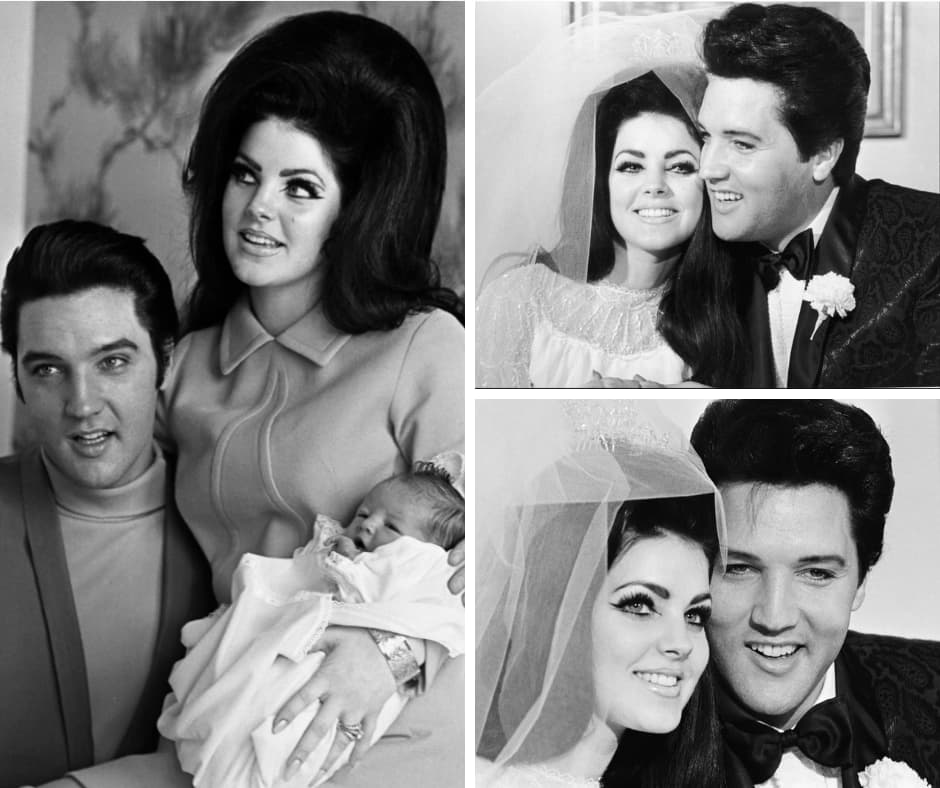
A poignant reflection on love and regret.
It was 1972, and the King of Rock and Roll, Elvis Presley, was a different kind of king—one wrestling with the end of his own kingdom. His marriage to Priscilla had just crumbled, and in that emotional wreckage, he entered the studio to record what would become a timeless masterpiece of heartache and introspection. The song was “Always on My Mind”. It was a ballad written by Wayne Carson, Johnny Christopher, and Mark James, the same genius behind “Suspicious Minds”, and while Elvis wasn’t the first to record it, his version is the one that echoes through the halls of musical history.
Released as the B-side to the single “Separate Ways”, a song that also dealt with the pain of divorce, “Always on My Mind” was a quiet storm. In a way, it was a more powerful statement than the A-side, its subtle honesty cutting deeper than a more overt declaration of sadness. While “Separate Ways” was a respectable hit, it was “Always on My Mind” that really connected with listeners, becoming a dual-A-side and charting on its own. In the United States, it reached number 16 on the Billboard Hot Country Singles chart in November 1972, a testament to its raw, country-tinged sincerity. But it was across the Atlantic that the song truly soared, reaching the Top Ten in the United Kingdom in January 1973.
The story behind this song is as rich as its melody. It was a late-night session at RCA’s Studio B in Hollywood, not the famous “House that Elvis Built” in Nashville, but a studio just as vital to his later career. As legend has it, Elvis’s producer, Felton Jarvis, had the song waiting, a little gem he knew would be perfect for the King’s troubled state of mind. He was right. Elvis’s vocal delivery on this track is a masterclass in controlled emotion. He’s not belting it out with the force of his earlier hits; instead, he’s a man humbled, his voice filled with a quiet ache of remorse. He sings of “little things I should have said and done” and apologizes for being “blind,” a sentiment that was all too real given his recent separation from Priscilla. For fans who had watched his star burn so brightly, this was a side of Elvis they hadn’t seen before—vulnerable, regretful, and deeply human. It was a song that wasn’t just about his life, but about the universal feeling of looking back at a relationship and realizing all the mistakes you made. It’s a bittersweet acknowledgment that even when you’re caught up in the whirlwind of life, the person you love is never truly out of your thoughts. It’s an honest, heartbreaking confession that resonated then and still does now, proving that sometimes, the most powerful performances come from the deepest pain.